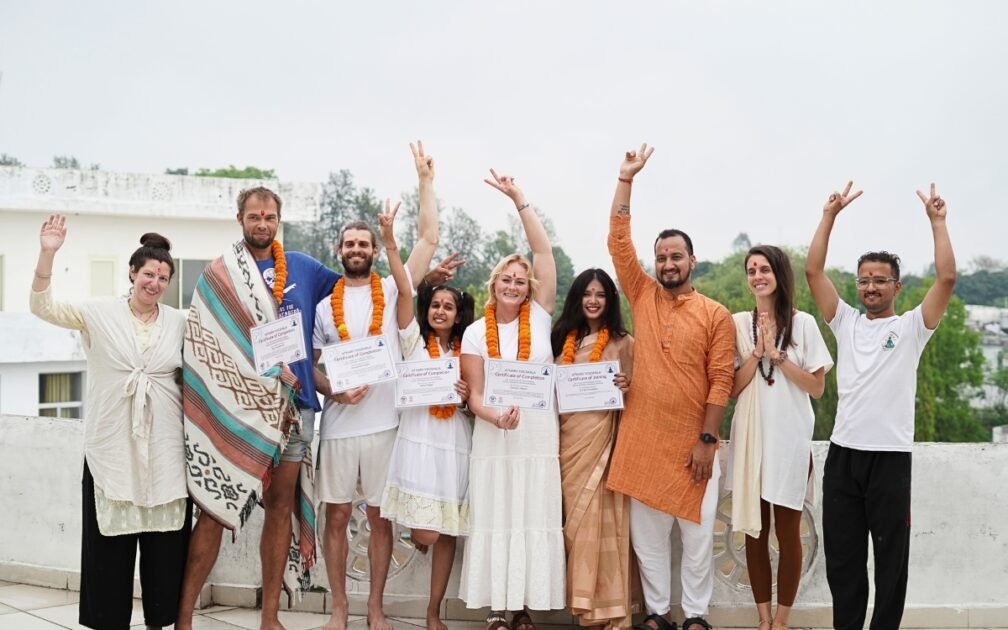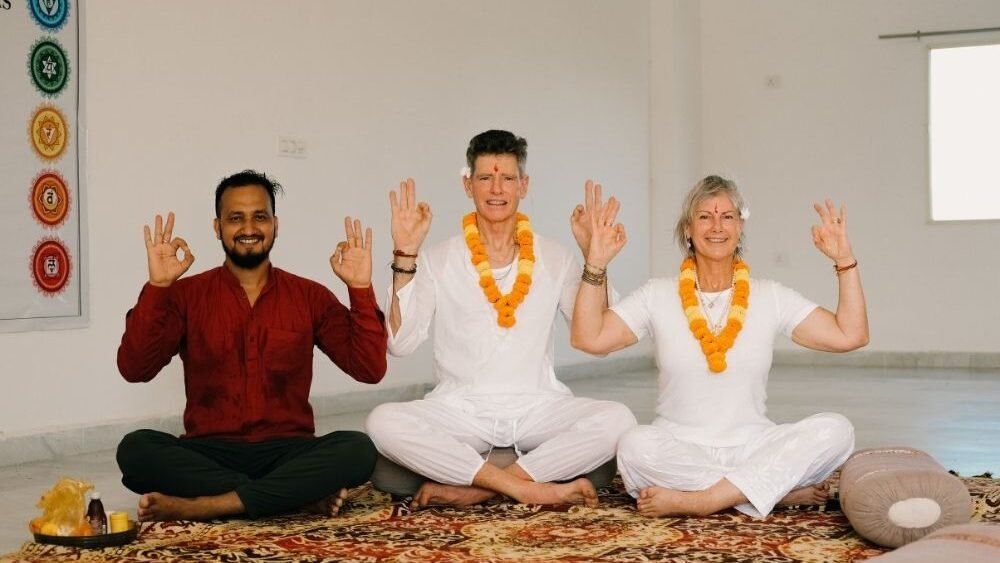
Diwali, also known as the Festival of Lights, is one of the most widely celebrated and significant festivals in India and across the world for those who observe Hindu, Sikh, Jain, and Buddhist traditions. Rich in color, light, joy, and spirituality, Diwali has evolved into a five-day festival filled with rituals, family gatherings, and a deep sense of community. Its significance is as much spiritual as it is cultural, with themes of victory over evil, light over darkness, and hope over despair taking center stage. Here’s why Diwali holds immense significance:
1- Symbolizing Victory of Good Over Evil
At the heart of Diwali’s history is the timeless story of good triumphing over evil. According to Hindu mythology, Diwali marks the return of Lord Rama, his wife Sita, and brother Lakshmana to Ayodhya after 14 years of exile and the defeat of the demon king Ravana. This victory is not just a heroic tale; it represents the potential for good within every person to overcome inner darkness, fear, and wrongdoing. Diwali encourages introspection and invites people to identify areas in their lives where they need to root out negativity or fear.
For Sikhs, Diwali commemorates the release of Guru Hargobind Ji and 52 kings who were imprisoned by the Mughal Emperor Jahangir. This “Bandi Chhor Divas” (Day of Liberation) marks freedom and the uplifting of justice. For Jains, Diwali is also the day Lord Mahavira, the last Tirthankara, achieved nirvana. Thus, Diwali brings together multiple faiths, each commemorating the festival through the lens of moral integrity, spiritual achievement, and a constant reminder that righteousness has an unmatched power to inspire and heal.
2- Celebration of Light and Knowledge
Diwali’s most visible symbol is light: lamps, candles, fireworks, and the brightness of colorful decorations illuminate homes and streets. These lights are not merely decorative but signify the spiritual idea of enlightenment, wisdom, and the dispelling of ignorance. The lighting of oil lamps (diyas) is deeply rooted in Indian tradition and mythology, as the flames symbolize the guidance and warmth provided by knowledge.
The concept of “light” in Diwali extends beyond physical brightness. It represents clarity, truth, and enlightenment—values essential in both Hindu and Buddhist teachings. This symbolism transcends religious practices and resonates with anyone who cherishes personal growth, the search for knowledge, and the wisdom that comes from within.
3- Bringing Families and Communities Together
Diwali is a celebration of family, unity, and shared joy. Relatives and friends come together to prepare for the festival days in advance, cleaning homes, creating rangoli (colorful patterns made with powdered colors), cooking traditional sweets, and setting up lights and decorations. These practices foster a sense of belonging and continuity, connecting generations through traditions that have been passed down over centuries.
The festival is an invitation to reconnect with loved ones, heal strained relationships, and express gratitude. It provides an opportunity for people who live far from their families to return home, rekindling family bonds and celebrating together. In an age where social connections are often digital, Diwali’s focus on togetherness is a reminder of the value of face-to-face interaction, shared laughter, and communal celebrations.
4- Economic Significance and Generosity
Diwali has profound economic significance as well. It’s a time when people indulge in shopping for new clothes, jewelry, household items, and other goods, boosting local and national economies. Businesses prepare for Diwali with special offers, festivals, and discounts, as consumers participate eagerly in the spirit of buying new things to mark new beginnings. Additionally, many individuals invest in gold or other assets during Diwali, as it is considered an auspicious time to bring prosperity into the home.
Generosity is a significant aspect of the festival. Diwali is traditionally a time for giving, especially to those in need. People donate to charity, give gifts to their employees, and contribute to community celebrations. This tradition fosters empathy and community responsibility, emphasizing the importance of sharing and compassion.
5- Spiritual Cleansing and New Beginnings
Diwali’s five days each carry unique spiritual themes, starting with Dhanteras, which involves the cleansing of homes and personal spaces, symbolizing an invitation for prosperity and health. Choti Diwali or Naraka Chaturdashi commemorates the defeat of the demon Narakasura and represents the destruction of evil. Diwali itself is the main event, filled with prayers, lights, and fireworks, symbolizing renewal and the removal of darkness.
Govardhan Puja and Bhai Dooj complete the celebration, with Govardhan Puja honoring Krishna’s lifting of Mount Govardhan to protect the people, and Bhai Dooj celebrating the bond between brothers and sisters. Each day builds upon the others, culminating in a sense of renewal, cleansing, and optimism. The emphasis on starting afresh allows people to let go of grudges, past mistakes, and negative patterns, stepping into a new season with hope and clarity.
6- A Feast for the Senses
Diwali is celebrated with an array of delicious foods, sweet treats, and special recipes that are unique to the season. Traditional sweets like ladoos, barfis, jalebis, and gulab jamuns are prepared in abundance and shared generously with friends, family, and even neighbors. Many people also prepare savory items, such as samosas, pakoras, and chaat, adding a flavorful and joyful element to the celebration.
The culinary aspect of Diwali reflects the festival’s sensory richness, symbolizing abundance, pleasure, and celebration. These food traditions are shared across generations, keeping alive recipes, flavors, and the joy of coming together to cook and feast. The sharing of sweets and snacks among family, friends, and even strangers also signifies the breaking down of barriers and the importance of community bonding.
7- Fostering Resilience and Positivity
Diwali takes place as the monsoon season ends and harvest season begins, symbolizing renewal and hope. As the seasons change, the message of the festival becomes clear: no matter how difficult times may be, there’s always hope on the other side. Diwali’s emphasis on lighting up homes and hearts is a reminder that resilience and positivity are essential in overcoming life’s obstacles. Fireworks, though spectacular, are more than just a display; they embody the joy that springs from resilience and the promise of a brighter future.
In a world that is often filled with challenges, Diwali serves as a reminder that darkness is never permanent. Even in the face of personal struggles, people light diyas and look to the future with optimism. Diwali’s message is one of resilience, encouraging everyone to believe that good things are coming, no matter how difficult the present may feel.
8- Encouraging Inner Reflection and Gratitude
Diwali is as much a festival of the inner self as it is of outer celebration. Traditionally, people wake up early on Diwali day, engage in self-purification practices, meditate, and spend time reflecting on their lives, goals, and values. Spiritual practices, such as Lakshmi Puja, allow people to express gratitude for what they have and to focus on their spiritual well-being.
The festival encourages people to take stock of their lives, recognizing blessings, and offering thanks for the abundance they enjoy. By taking this time to look within, Diwali inspires self-awareness, humility, and the desire for personal growth.
9- Embracing Diversity and Cultural Richness
Diwali’s celebrations are vibrant and multifaceted, drawing from different regional traditions and customs. In Maharashtra, for instance, people observe the lighting of diyas and rangoli creation, while in West Bengal, Diwali coincides with the worship of Kali. In South India, Diwali is celebrated with the honoring of Krishna and ritual baths at dawn. Across the globe, Indian communities bring Diwali to life in their own ways, adding unique flavors and traditions to the festival.
This diversity is what makes Diwali truly beautiful. It transcends boundaries and religions, inviting people from all walks of life to partake in the festivities. The festival’s adaptability across regions and traditions shows the resilience and universality of its core values: light, unity, and hope.
Conclusion: Diwali’s Timeless Impact
Diwali is much more than just a festival. It is a mosaic of spirituality, family values, generosity, and hope that impacts millions around the world. Its significance lies in its deep-rooted message that resonates across time and space: no matter how dark or challenging a situation may seem, there is always a way to invite light, joy, and renewal into our lives. Each year, Diwali renews the spirit of community, encourages reflection, and reminds us that goodness and wisdom can overcome even the darkest of times.
In celebrating Diwali, we don’t just honor tradition; we celebrate the resilience of the human spirit, the warmth of family bonds, and the belief in a better tomorrow. This timeless festival has a unique way of uplifting spirits and inspiring positive change, making it a cherished and enduring celebration for all who experience it.












Leave a comment: